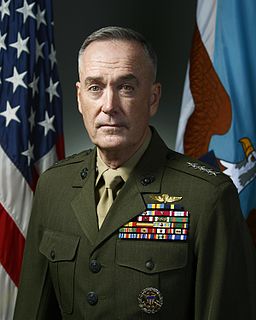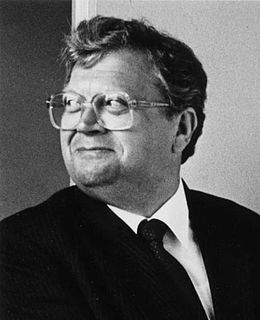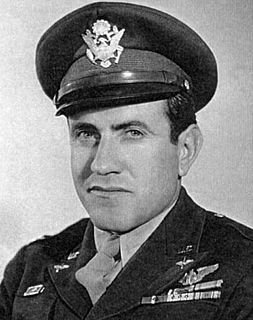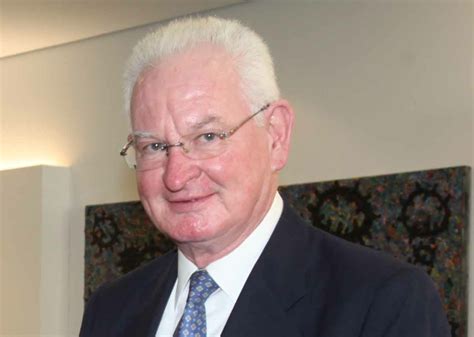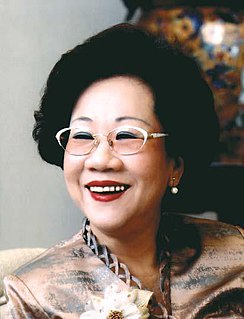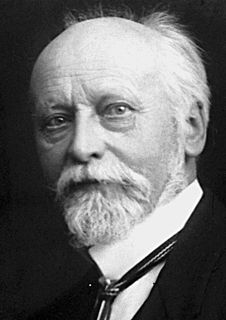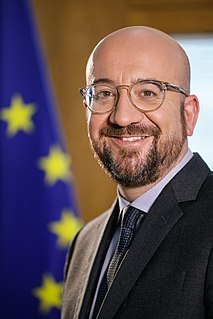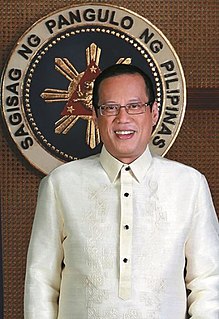A Quote by Joseph Dunford
What we are doing in the Pacific is we're flying, operating, and sailing wherever international law allows, and the purpose of that is to demonstrate that we are standing up for those rules.
Related Quotes
I'm standing up for the right of self-determination. I'm standing up for our territory. I'm standing up for our people. I'm standing up for international law. I'm standing up for all those territories - those small territories and peoples the world over - who, if someone doesn't stand up and say to an invader 'enough, stop', would be at risk.
I`ve said this when I pass the trade promotion authority law, which allows us to get trade agreements. If we write the rules of the global economy, we will succeed in the 21st century. But we have to write those rules, we have to engage, and I think the president [Donald Trump] said Trans-Pacific Partnership is not the way to do it.
Standing up for what you believe is right, as well as standing up for what you believe is funny, standing up for what you believe is cool. As we found each other and the music that we do, we get to live out all of those things. That's what Run The Jewels is: it's all of those aspects of our personality.
From Iraq to Guantanamo Bay, international standards and the framework of international law are being given less when they should be given more importance. I am pleased that the courts in the United States are beginning to review what has happened to those detained in Guantanamo Bay. Similarly in Iraq we need to bring our strategies back within the framework of international norms and law.
The study of law can be disappointing at times, a matter of applying narrow rules and arcane procedure to an uncooperative reality; a sort of glorified accounting that serves to regulate the affairs of those who have power--and that all too often seeks to explain, to those who do not, the ultimate wisdom and justness of their condition. But that's not all the law is. The law is also memory; the law also records a long-running conversation, a nation arguing with its conscience.
